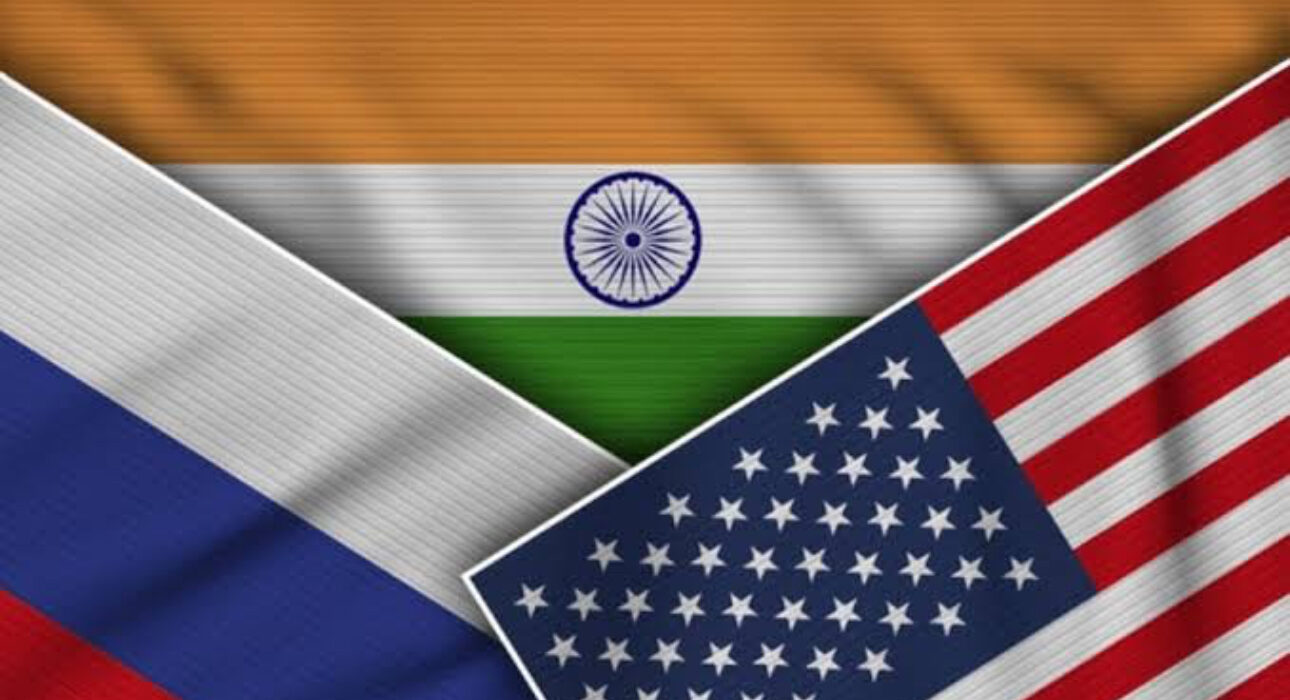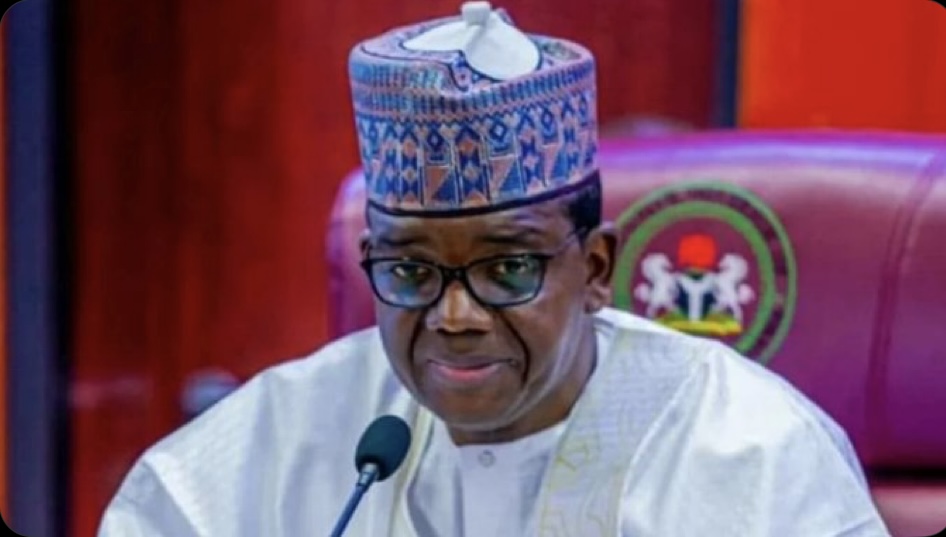Russia Hails India’s Defiance of U.S. Tariff Pressure

Moscow has praised New Delhi for refusing to yield to punitive U.S. tariffs, describing India’s position as a bold assertion of sovereignty and a demonstration of its growing strategic autonomy on the global stage.
The commendation came from Russian Chargé d’Affaires, Roman Babushkin, who criticized Washington’s tariff policy as an act of “unfair competition” and contrary to the principles of friendship.
Speaking in New Delhi, Babushkin said India had shown maturity by continuing its purchases of Russian oil despite heavy pressure from the West. He further offered Russia’s market as an outlet for Indian exports, assuring that Moscow would provide alternatives for goods facing obstacles in the American market.
The diplomatic overture reflects Moscow’s desire to strengthen ties with India at a time when Washington has imposed steep tariffs, in some cases as high as 50 percent, to punish New Delhi for maintaining energy and trade links with Russia.
The United States argues that India’s imports of discounted Russian oil indirectly support Moscow’s war efforts, but Indian officials have defended the decision as a matter of energy security and economic necessity.
At a parallel meeting in Moscow, Russian Security Council Secretary Sergei Shoigu and Indian National Security Adviser Ajit Doval reaffirmed the depth of the strategic partnership, calling it a stabilizing force in uncertain times. Both sides stressed their determination to continue building a relationship rooted in fairness and mutual respect, despite mounting Western criticism.
The development highlights India’s delicate balancing act. While maintaining significant economic and security ties with the United States, New Delhi has resisted external pressure to cut its long-standing cooperation with Russia.
Analysts note that the episode underscores a shift towards multipolar global alignments, with India carving out an increasingly independent path in trade and diplomacy.
For Moscow, India’s stance serves as a diplomatic victory and a reminder that not all U.S. allies are willing to fall in line with Washington’s sanctions-driven policies.
For India, it marks another step in asserting its right to chart an independent foreign policy in pursuit of national interest.









